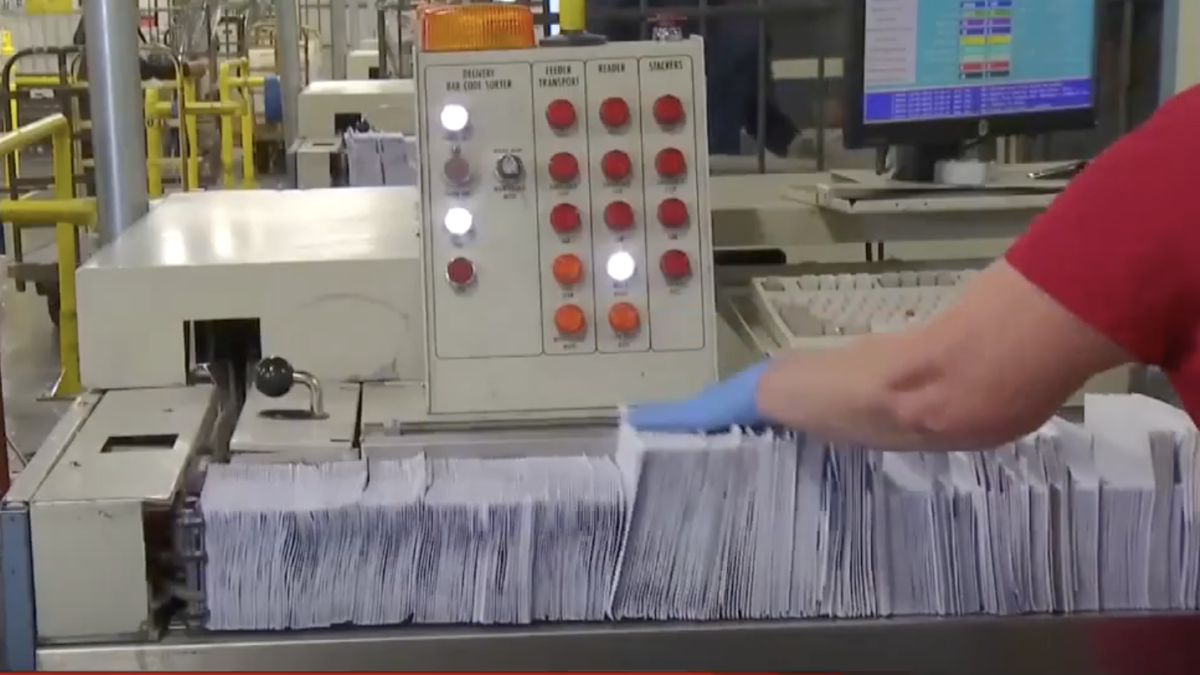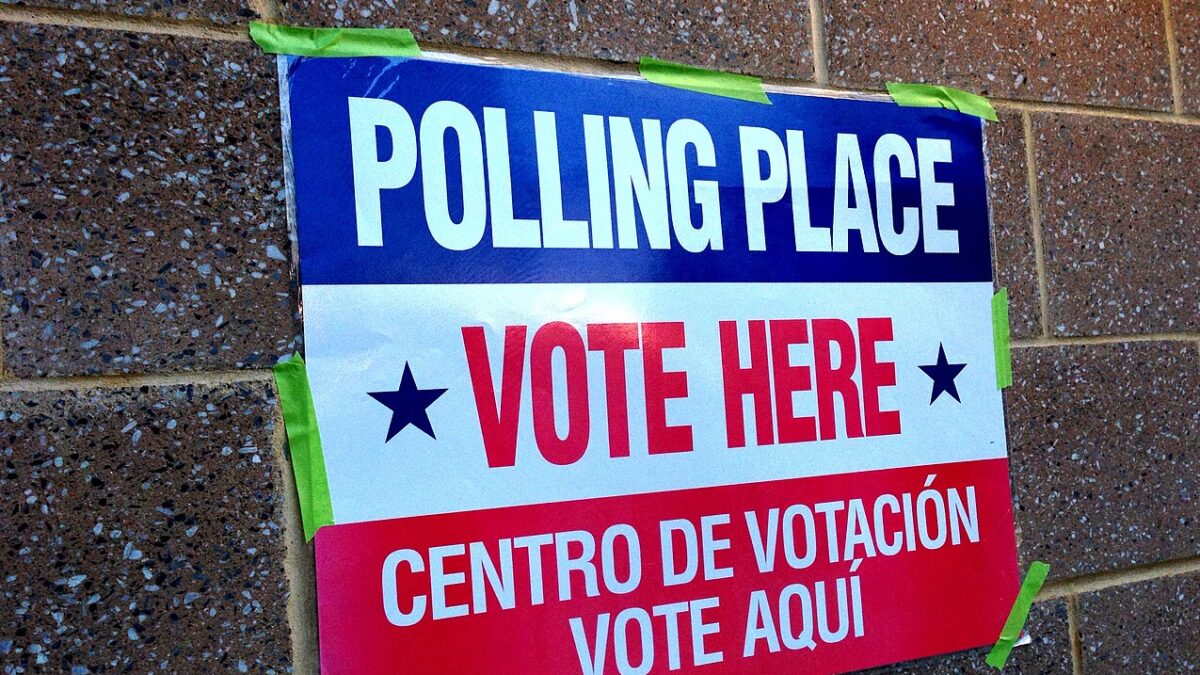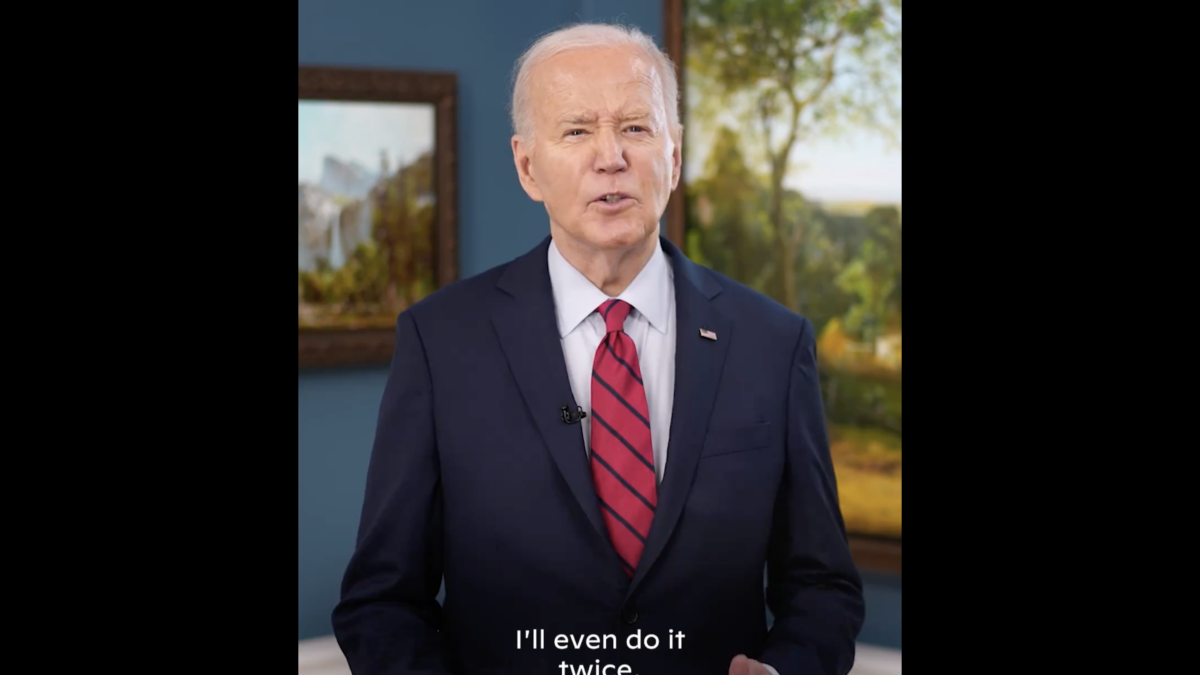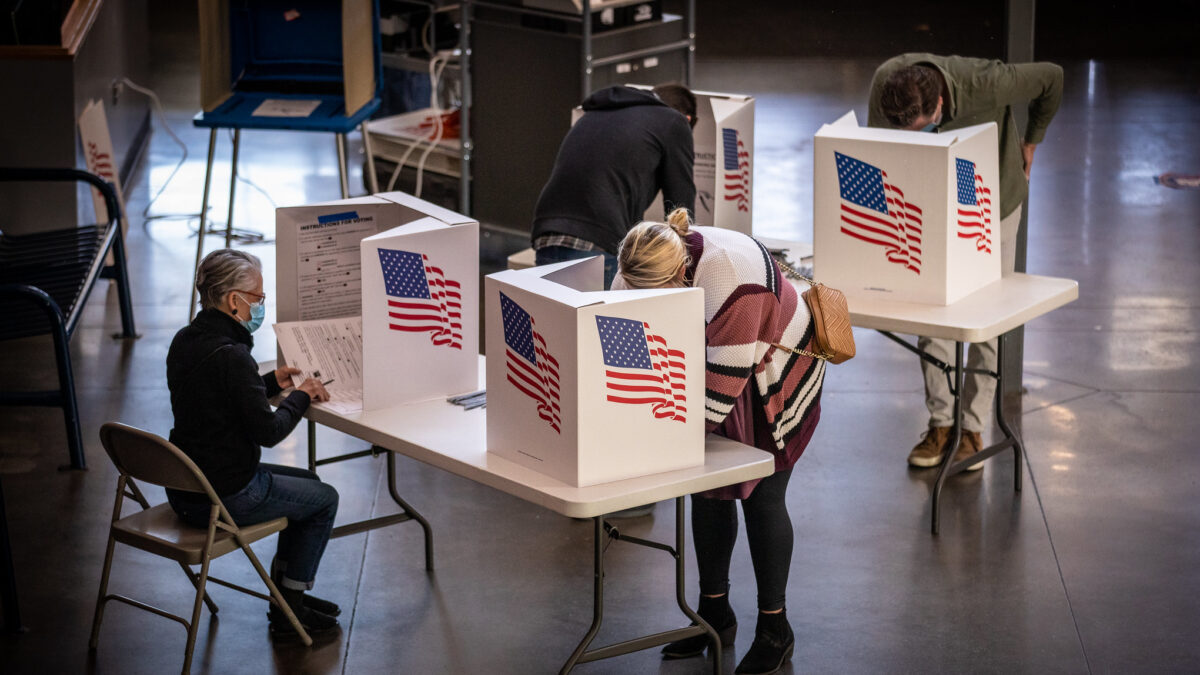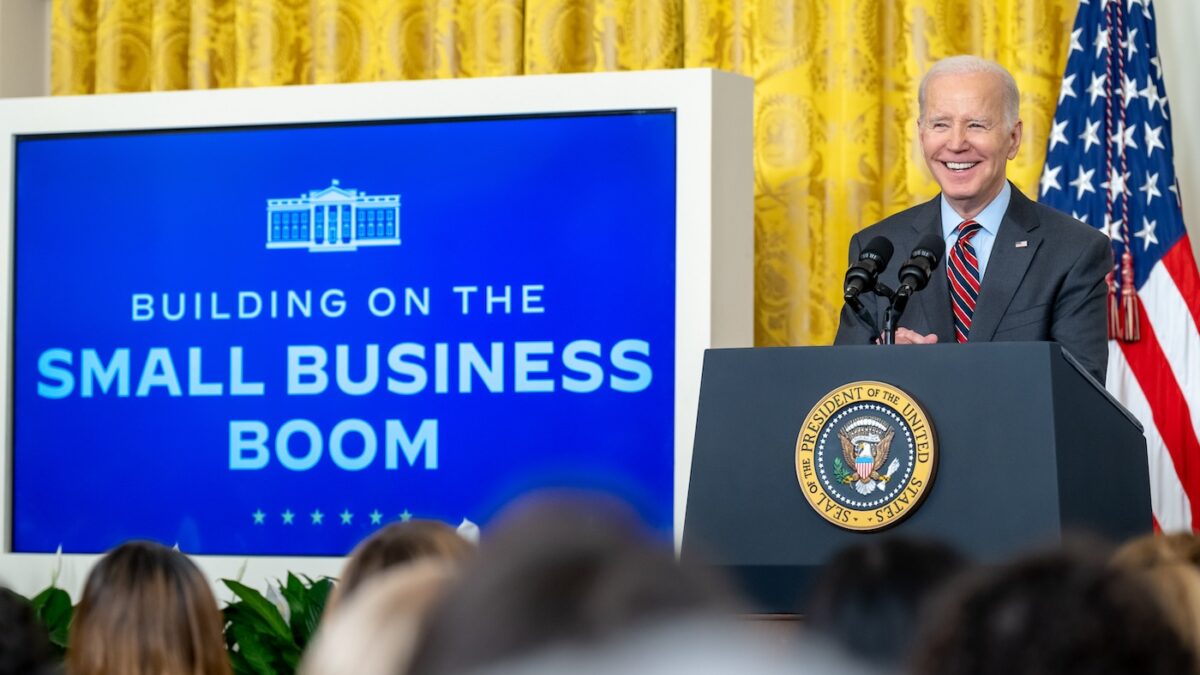Neighbor states Minnesota and Wisconsin received exemptions from the National Voter Registration Act’s public disclosure provision with the passage of the NVRA more than 30 years ago. The special treatment has gone on long enough, according to federal lawsuits filed Wednesday by the Public Interest Legal Foundation (PILF).
A smug response from Wisconsin’s top election official in an email chain unwittingly sent to a PILF researcher underscores why ending the exemption is long overdue.
The lawsuits allege the carveouts for Minnesota and Wisconsin violate the principle of equal state sovereignty and should be declared invalid.
‘For Public Inspection’
As PILF notes in the complaints, Congress passed the 1993 National Voter Registration Act, also known as the Motor Voter Act, to make it easier for Americans to register to vote and to stay registered. It requires states to “make available for public inspection and, where available, photocopying at a reasonable cost, all records concerning the implementation of programs and activities conducted for the purpose of ensuring the accuracy and currency of official lists of eligible voters.” The idea is to make sure the public can review the state’s voter roll maintenance activities, a key safeguard in election integrity.
The NVRA is “a complex superstructure of federal regulation atop state voter-registration systems,” the U.S. Supreme Court stated in its 2013 ruling in Arizona v. Inter Tribal Council of Arizona.
But Congress exempted Minnesota, Wisconsin, Idaho, New Hampshire, Maine, and Wyoming from the NVRA because they offered same-day voter registration. North Dakota, too, was exempted because it is the only state without voter registration. Maine’s exemption ended after it briefly stopped same-day registration.
Today, 20 states and the District of Columbia offer Election Day voter registration. More than a dozen (plus D.C.) are subject to the NVRA’s transparency requirements while Wisconsin, Minnesota, and four other states are not. That’s inherently unfair and anathema to the principles of “equal sovereignty” among the states, the lawsuits argue.
“Both states routinely grant and remove voting rights through registration and voter list maintenance. Congress’s goal of making this process transparent applies equally in Wisconsin and Minnesota,” a PILF press release states.
‘Wisconsin’s Data Isn’t Cheap’
Of particular concern in the Badger State is the exorbitant cost of obtaining state voter roll information and the Wisconsin Elections Commission’s refusal to release date of birth information of registered voters.
“The charge for reports in electronic format is a $25 base fee per report; plus $5 for the first 1,000 voter registration data records, or up to 1,000 voter registration data records; plus $5 for each additional 1,000 voter registration data records, rounded to the nearest thousand. The maximum charge for an electronic report is $12,500,” according to state administrative code.
With more than 3.43 million active registered voters as of March 1, according to PILF, obtaining the full report will cost the maximum fee of $12,500. Robert Kehoe, IT director for the Wisconsin Elections Commission, testified in 2021 that he would be the first to admit that “Wisconsin’s data is not cheap.” The requirement to charge a fee is in state statute and the rates are set in administrative code, Kehoe said.
Voter rolls are subject to constant change, so keeping track of the most up-to-date information over the course of several months would require multiple purchases. Those costs would be prohibitive to most individuals and organizations, including election integrity groups tracking the rolls for ineligible voters.
Monitoring is all the more important in a state where election regulators have been slow to remove those who have moved, duplicate registrations, the deceased, and other ineligible registered individuals from the voter rolls.
“Wisconsin’s Official Registration List is likewise subject to disclosure under the NVRA’s Public Disclosure Provision, because, [among other things,] it reflects and is the end product of Wisconsin’s voter list maintenance activities,” the lawsuit asserts.
‘Who Wants to Break it to Him?’
The Wisconsin complaint lists Wisconsin Elections Commission Administrator Meagan Wolfe as the defendant.
Wolfe, who has been squatting in the administrator’s office since the state Senate voted to fire her in September, snidely noted WEC’s exemption in an email communication obtained by Logan Churchwell, research director for the Public Interest Legal Foundation.
In a letter he sent on Feb. 14, Churchwell warned that Wolfe and the commission were in violation of the NVRA “for failure to permit inspection and reproduction of public records in accordance with the NVRA terms.”
“You are hereby notified that you now face federal litigation if the violation is not remedied in the time afforded by law,” he advised.
Wolfe seemed to mock the warning in a response later that day to commission staff that was not intended for the folks at PILF.
“Who wants to break it to him we are NVRA exempt?” the administrator wrote.
No Exemptions from Transparency
The foundation’s Minnesota lawsuit names Secretary of State Steve Simon, a member of the state’s Democratic-Farmer-Labor Party. Simon, the Associated Press reported in December, is spearheading a “public education effort” by the National Association of Secretaries of State to combat “false election conspiracy theories” and other “misinformation.”
Minnesota law provides for the release of voter roll information at the “cost of reproduction,” but only to registered Minnesota voters, and only “for purposes related to elections, political activities, or law enforcement,” the lawsuit states. Requesters must certify that they are Minnesota registered voters.
As the lawsuit notes, the NVRA compels disclosure of “all records” concerning voter list maintenance, with two very narrow exceptions.
“Any state law limiting disclosure is preempted because the NVRA, as a federal enactment, is superior to conflicting state laws under the Constitution’s Elections and Supremacy Clauses,” the lawsuit asserts.
As the foundation notes, Minnesota and Wisconsin are both members of the Electronic Registration Information Center (ERIC), which was supposedly created “to assist states in improving the accuracy of America’s voter rolls and increasing access to voter registration for all eligible citizens.” But the membership organization launched by a leftist activist has been criticized for inaccuracy over the years.
“ERIC should be called ERROR because it’s that erroneous and that full of flaws,” Barbara Arnwine, the former executive director of the Lawyers’ Committee for Civil Rights Under Law, told the left-wing publication Nation of Change in 2020. Arnwine, of course, was arguing that ERIC has caused the removal of too many voters from the rolls.
The left-wing Brennan Center for Justice in 2019 reported that while ERIC “was helpful in updating more than 25,000 [Wisconsin] registration addresses in 2017 and 2018, it also resulted in more than 1,300 voters signing ‘supplemental poll lists’ at a spring 2018 election, indicating that they had not in fact moved and were wrongly flagged.”
“ERIC periodically issues reports correcting inaccurate information contained in prior reports,” PILF’s lawsuit states. “Prior reports are occasionally corrected because they erroneously identified living registrants as deceased.”
Ultimately, the foundation argues, Minnesota and Wisconsin should not have been exempted in 1993, and they definitely shouldn’t be given special treatment more than 30 years later.
“No state should be exempt from transparency,” said PILF President J. Christian Adams in a statement. “All states should be treated equally under the law and no exemption should allow certain election officials to hide documents relating to voter list maintenance activities. This lawsuit is the first step to bringing the National Voter Registration Act’s transparency requirements to all 50 states.”
The foundation, as of now, has no plans to sue the four other states with disclosure exemptions, according to PILF spokeswoman Lauren Bowman Bis.
“Wins in Wisconsin and Minnesota will have no impact on the exemption in other states,” she said, although successful lawsuits “could create positive jurisprudence to be used in the other states to challenge the exemptions.”
Officials with the Minnesota secretary of state’s office and the Wisconsin Elections Commission did not return The Federalist’s requests for comment.
